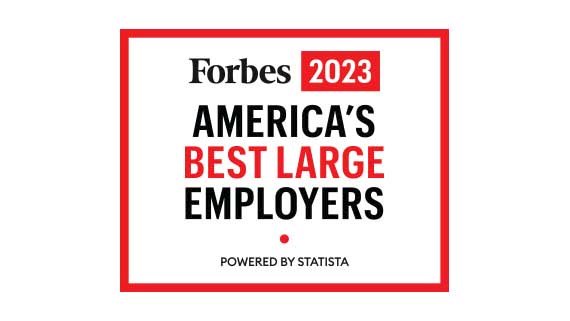Personal insurance that meets your needs, today and in the future
As your risk advisor, our goal is to make it easy to safeguard the foundation you've built. We do the heavy lifting to understand your unique risks, recommend appropriate coverage levels and educate you about the coverages you're buying.
We partner with the world's most respected insurance carriers to create an insurance solution that covers all of your needs. Property and Casualty coverages we offer include:
- Home
- Art, Jewelry and Collections
- Auto and Recreational Vehicles
- Umbrella
- Earthquake and Flood
- Aircraft and Watercraft
- Personal Cyber
Protection that gives you confidence and a solid plan
We dig deep to make sure we have a complete understanding of all of your moving parts, whether you're protecting yourself, your family or your business. We provide the kind of service that ensures you get the coverage you need, the guidance you want and the attention you deserve. So you can face your future with confidence.
Customer service portal
Current clients can find access to policy information by clicking on the button below.
LOG IN NOW





